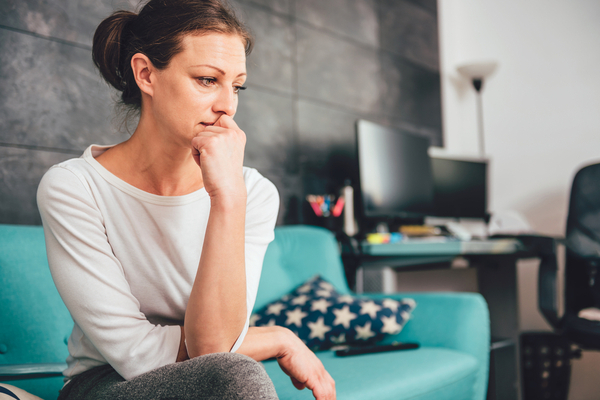
© Graham Snook Photography.
Never have we been more aware of the importance of not touching our face. But just what exactly happened when we touch our face and why is it so dangerous? Top skin specialist, Dr Rekha Tailor from Health and Aesthetics, Surrey, reveals all.
CORONAVIRUS SPECIAL: Pre-order the next issue of Top Santé!
* Keep your body strong * beat the virus * Stay fit while at home.
* Pay the usual cover price and get FREE delivery in the UK (only £1 more for delivery outside the UK).
* No subscription required!
* Pre-order HERE!
We’ve been warned to avoid touching our faces as a key way to prevent the spread of the Coronavirus. It’s mainly transmitted by droplets from the bodily fluids of people with the disease, but the virus can survive on surfaces for a long time – hence the importance of trying not to touch our faces and therefore transport microbes from that surface, onto your finger and into your body.
With most of us touching our face an average of 23 times an hour, this is easier said than done.
‘The skin is the human body’s largest organ,’ explains Dr Tailor, who has 30 years of experience as a doctor and skin specialist. ‘Its primary role is to serve as a physical barrier, protecting our bodies from injury and infection. There are already many bacteria, funghi and viruses living on our skin, many of which are harmless. However, with the world fighting the corona virus it really is important to stop touching our faces.’
But why is this? ‘Our faces contain lots of different ways for infections to enter your body,’ explains Dr Tailor. ‘Viruses that affect the respiratory system enter the body through mucosal membranes which are found in the nose, oral cavity and lips.’
Face-touching especially around the mouth, nose and eyes makes it easier for viruses and bacteria to enter your body.
‘It’s more important than ever to keep skin healthy and avoid lesions and broken skin in order to reduce the opportunity for viruses to get in,’ explains Dr Tailor. ‘Ensure you keep skin moisturised, don’t squeeze spots, and try to keep scratching eczema and similar skin conditions to a minimum to avoid broken skin.’
How can I stop it? ‘It’s virtually impossible to stop touching our faces completely,’ says Dr Rekha Tailor. ‘It’s something that starts at a young age and soon becomes a habit, often in stressful situations.’
‘Obviously washing your hands is the primary way to reduce the transmission of viruses like this, however there are other things you can do to try and prevent face touching. These include:
- Try and identify why you’re touching your face. Often it’s because of stress, in which case stress management steps can be taken. If it’s because you’ve got a runny nose or itchy eye, try and address the root of the problem by having a tissue handy or getting eye drops.
- Do something else with your hands – use a stress ball maybe, or even try putting them under a cushion or blanket if you’re sat watching TV.
- Choose a competing behaviour to do instead, for example scratching your leg or stroking your hair. This habit will soon replace the face-touching.
- Tie your hair up if it’s long enough or wear a head or sweat band, this reduces the likelihood of wispy stray hairs irritating your face and causing you to brush them away.
Find out more about Doctor Tailor at her clinic Health and Aesthetics in Surrey.
CORONAVIRUS SPECIAL: Pre-order the next issue of Top Santé!
* Keep your body strong * beat the virus * Stay fit while at home.
* Pay the usual cover price and get FREE delivery in the UK (only £1 more for delivery outside the UK).
* No subscription required!
* Pre-order HERE!







